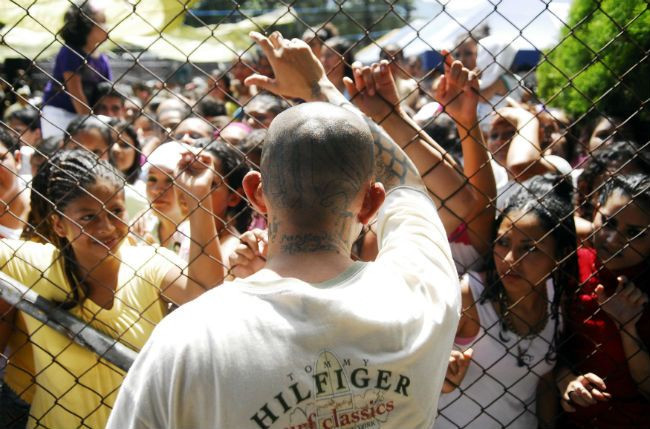
The United States on Thursday imposed financial penalties on violent Latin American street gang MS-13, which has thousands of members operating in the United States and has been accused of human trafficking, kidnapping, murder, rape and other criminal activities.
The gang, whose U.S. members are mostly first generation Salvadoran-Americans or Salvadoran nationals, was added to the Obama administration's list of transnational criminal organizations - a label designed to cripple a criminal group's finances.
MS-13 is an organization with "substantial financial flows associated with it," Treasury undersecretary David Cohen told reporters. The Treasury said the money that MS-13 generates in the United States from drug trafficking and other criminal activities is funneled to the gang's leaders in El Salvador.
The label or designation as a major crime group will block MS-13's property interests in the United States, freeze its U.S. assets and prohibit Americans from dealing with the gang. Details on the amount or value of assets the group holds in the United States were not provided.
The Treasury did not impose economic sanctions on any of its leaders or businesses on Thursday, but said it was the first step in its effort to disrupt MS-13's financial network.
The designation will make it easier for the United States to "prevent MS-13 from infiltrating legitimate businesses and legitimate markets," Cohen said.
According to the U.S. Treasury, MS-13 has at least 30,000 members operating in a range of countries, including El Salvador, Guatemala, Honduras and Mexico. More than 8,000 members operate in the United States and the gang often recruits children and teenagers.
Since 2006, more than 4,000 MS-13 gang members have been arrested, U.S. authorities said.
© Thomson Reuters.




